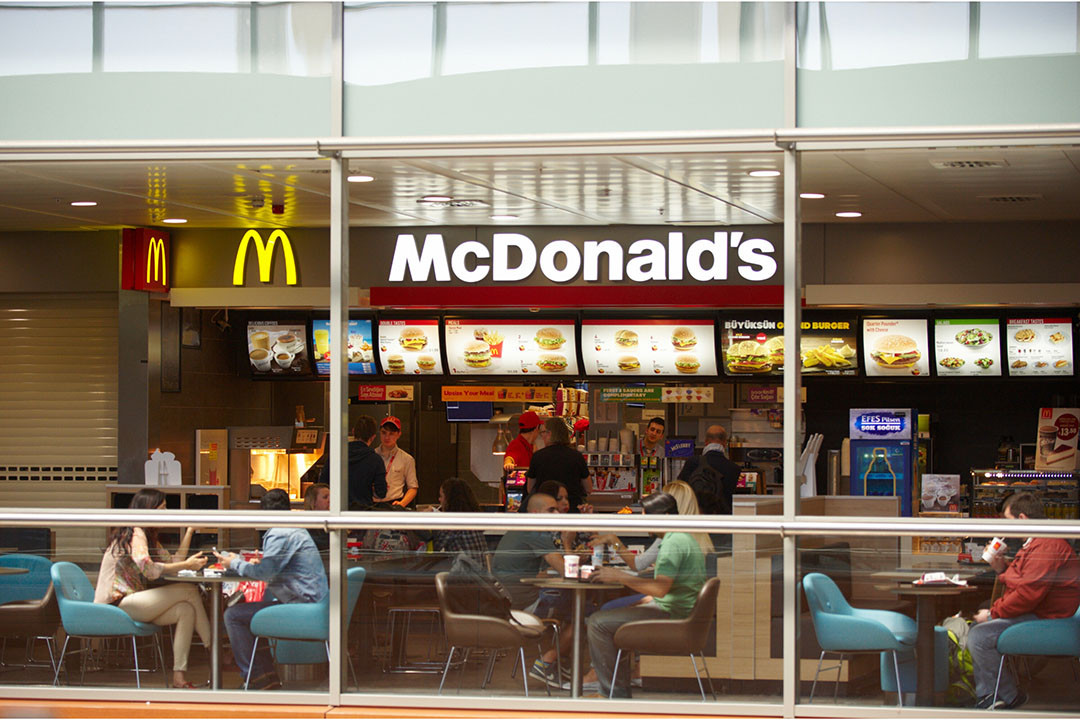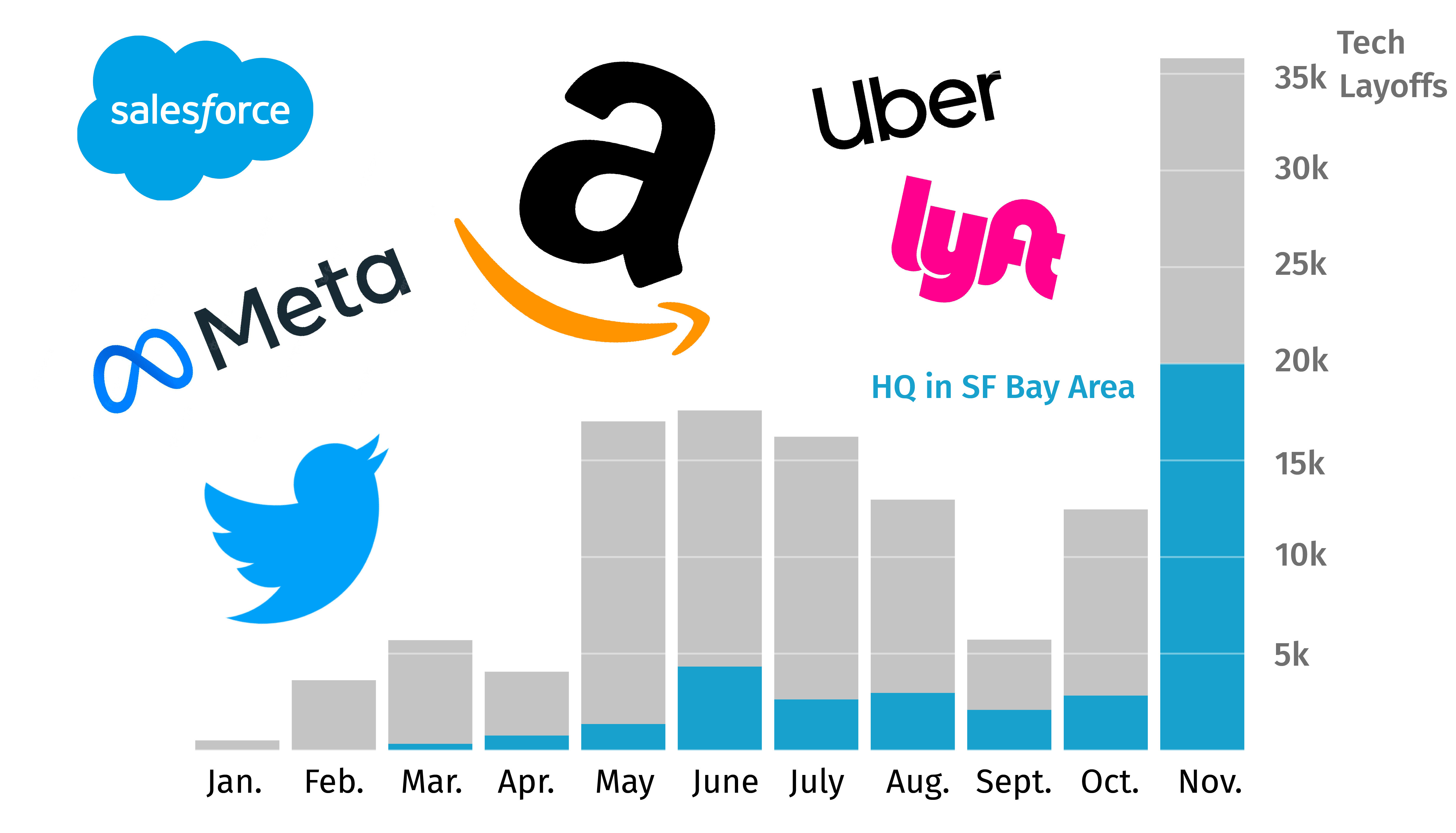McDonald's Takes on Meatpacking Giants in Price-Fixing Lawsuit
McDonald's, the world's largest fast-food chain, has filed a lawsuit against four major US meatpacking companies, accusing them of engaging in a years-long price-fixing conspiracy. The lawsuit, filed in a New York federal court, alleges that Cargill, JBS USA, Tyson Foods, and National Beef conspired to inflate beef prices by artificially limiting supply and driving up costs for McDonald's and other beef buyers.
The lawsuit alleges that the meatpacking companies, which control an estimated 80% of the US beef market, engaged in a series of coordinated actions to manipulate prices. This included limiting cattle purchases, reducing production levels, and sharing information on pricing strategies. McDonald's argues that these actions allowed the meatpacking companies to increase their profits at the expense of consumers and businesses like McDonald's, who are forced to pay inflated prices for beef.
A History of Scrutiny and Litigation
The lawsuit is the latest development in a long-running saga of scrutiny and legal challenges facing the US beef industry. In 2020, then-Agriculture Secretary Sonny Perdue initiated a USDA investigation into suspiciously high beef prices, citing a significant gap between cattle prices and wholesale beef prices. The investigation, however, did not yield any concrete results.
In 2021, a group of 26 senators sent a letter to the Department of Justice urging a review of the power held by large meatpackers. They argued that the industry consolidation had created a situation where large meatpacking companies could manipulate prices at their will. The senators alleged that the lack of competition in the beef market was harming both consumers and cattle producers.
The Biden administration has also expressed concerns about industry consolidation and the impact it has on prices. In 2022, the administration announced a $1 billion fund for independent meat processing, aiming to foster competition in the sector. However, the efforts to create a more competitive market have been met with resistance from the meatpacking industry.
The Clash of Titans
This lawsuit represents a significant escalation in the fight for fair pricing in the US beef market. On one side, we have the four largest beef processors in the US, powerful entities with deep pockets and significant influence. On the other side, we have McDonald's, a global giant with its own immense resources and brand recognition. This legal battle is sure to attract significant attention and could have significant implications for the entire beef industry.
The lawsuit raises fundamental questions about competition, market power, and the role of government oversight. Will this lawsuit be the catalyst for a new wave of regulations and scrutiny of the meatpacking industry? Will it lead to a more competitive and transparent market for beef? Only time will tell, but this legal battle is likely to have a profound impact on the future of the US beef industry and its impact on consumers and producers alike.
A Data-Driven Battle
One of the key factors in this lawsuit is the availability of data on the US beef supply chain. The USDA has been gathering extensive data on prices, production levels, and market trends. This data is crucial in understanding the dynamics of the beef market and evaluating the claims made by both McDonald's and the meatpacking companies.
The Meat Institute, the industry trade association, has argued that the data already available demonstrates that cattle producers have been receiving record high prices in recent years. However, the data also reveals that beef prices have been rising at a much faster rate than cattle prices, suggesting that some level of price manipulation may be occurring.
What's Next?
The outcome of this lawsuit remains to be seen, but it is clear that the US beef market is at a crossroads. The dominance of a handful of large meatpacking companies has raised serious concerns about competition, fairness, and price stability. The lawsuit filed by McDonald's could be the spark that ignites a long-overdue debate about the need for greater transparency and oversight in the beef industry. This lawsuit could also influence the wider food industry, sparking discussion about corporate concentration and the impact on consumer prices across a range of products.
The Goliath versus Goliath tussle in the US courts may draw in viewers far beyond the beef industry. The legal battle is set to provide a fascinating insight into the operations and influence of major corporations in the US, and how their decisions impact the lives of consumers, producers, and workers across the country. It will also expose the complexities and challenges of regulating markets and ensuring fair competition in a globalized economy.


















